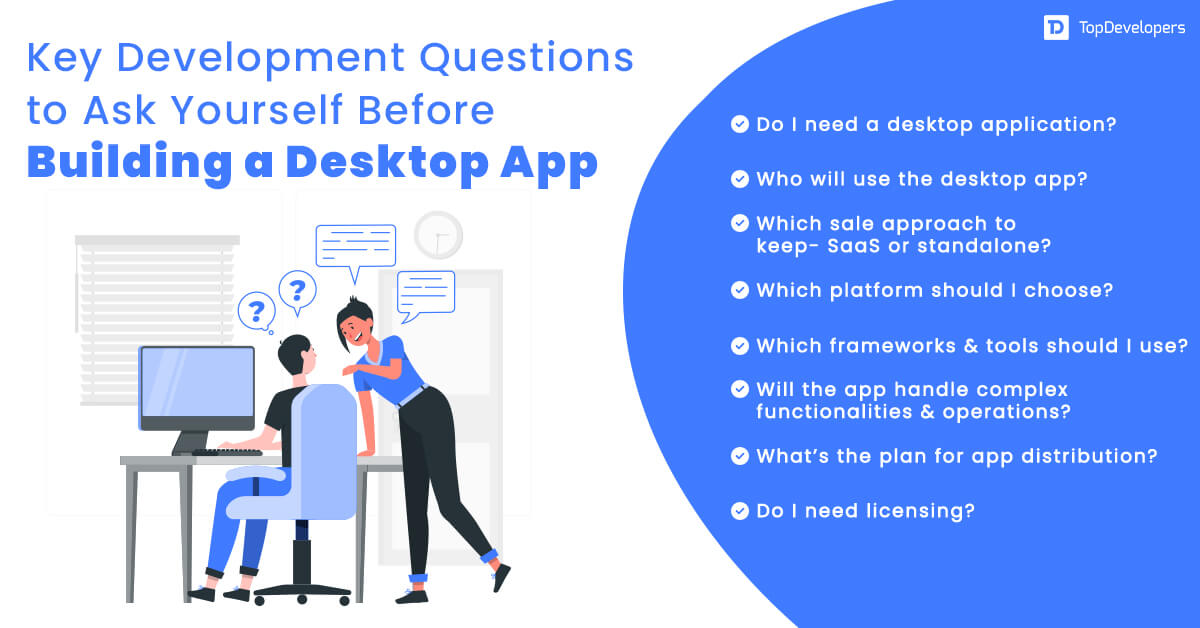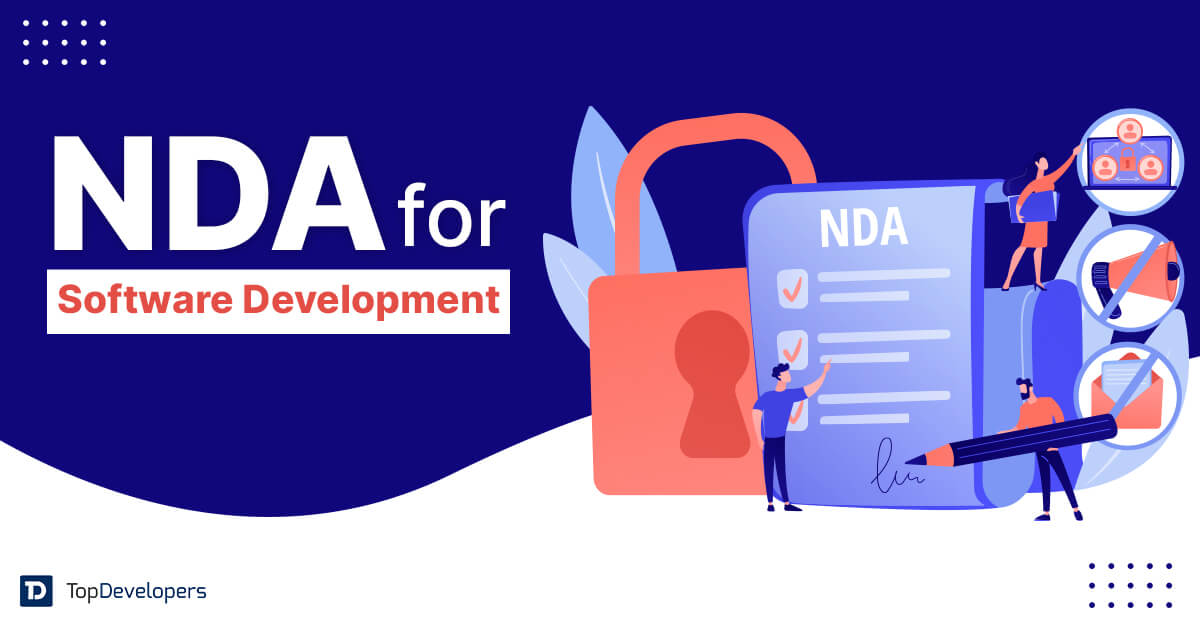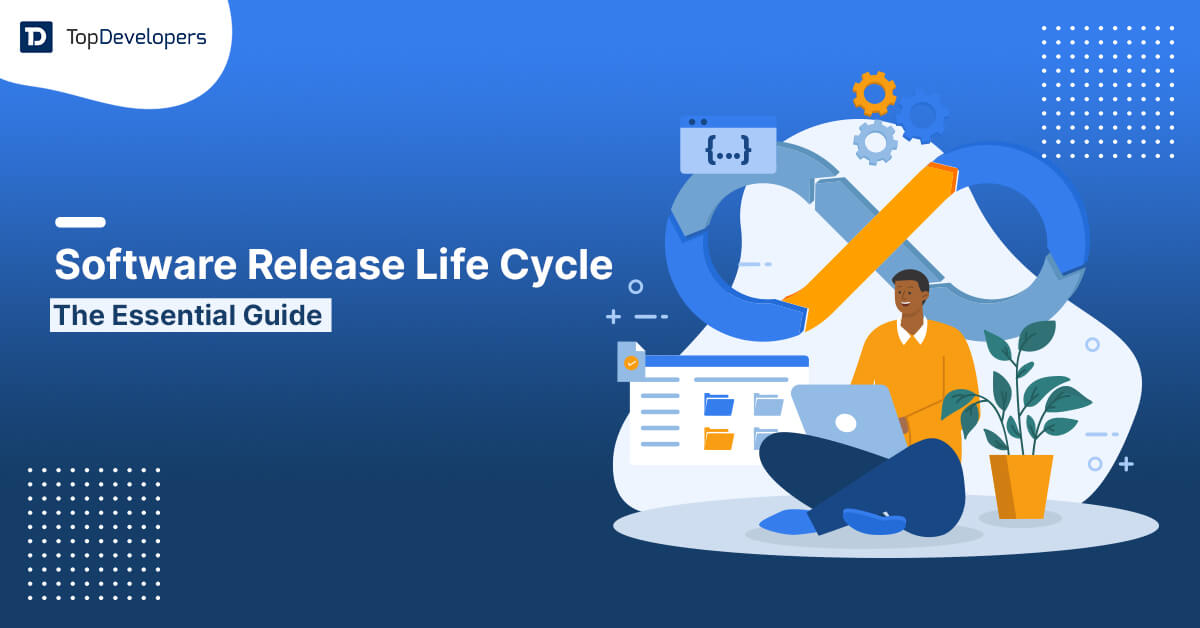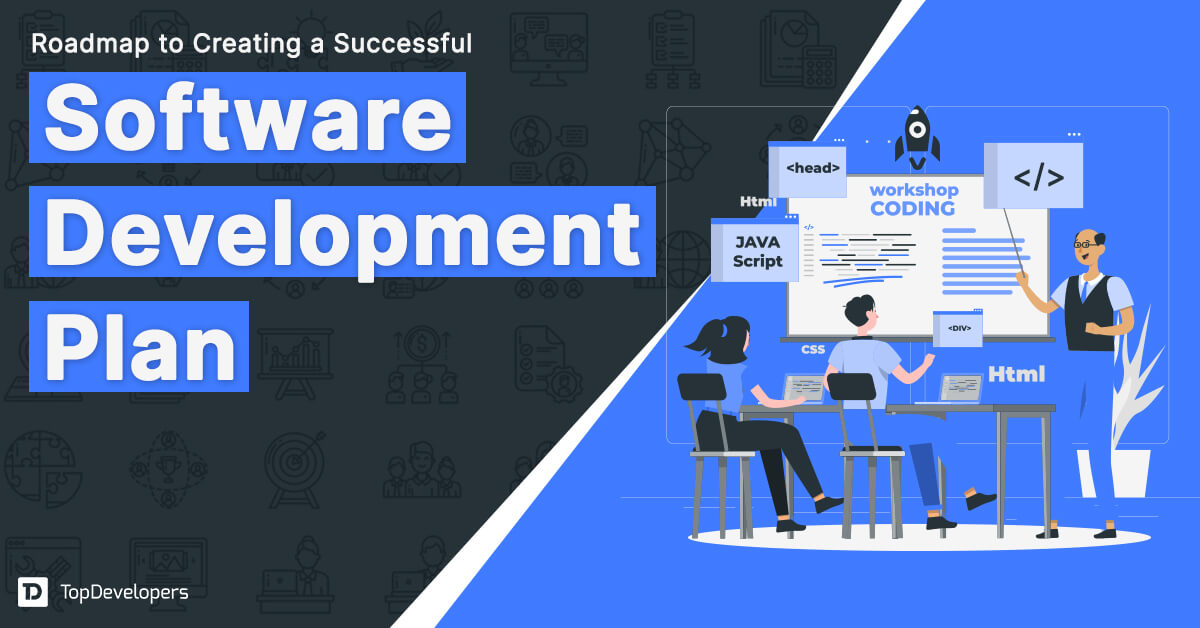
The virtual desktop infrastructure market is expected to grow to $30.63 billion in 2027 at a CAGR of 17.3%.
The immense growth in virtual desktop infrastructure indicates that desktop application development remains in demand and continues to grow despite the web and mobile applications advantages have appealed to the world. The unique capabilities and benefits offered by desktop applications such as high performance, efficiency, offline accessibility, high data processing capability, high compatibility, and data security make them indispensable in many scenarios.
As technology continues to evolve, desktop app development remains relevant, catering to specific needs and requirements that cannot be fully addressed by other types of applications. If you want to avail yourself of the desktop app development advantages in association with one of the top software development companies, you need to move ahead strategically in a planned way.
Especially, if you are new to desktop app development, you need to be sure about various aspects. So which questions you need to be clear with ahead of desktop app development are enlisted here. Go through all of the questions and get an answer for the best results.
- What is the primary purpose and goal of the desktop app?
- Who are the target users of the app?
- Which sale approach to keep- SaaS or standalone?
- Which platform should I choose?
- Which frameworks and tools should I use?
- Will the app be capable of handling complex operations?
- How will the app be distributed and installed on users’ desktop devices?
- How will you cater to the licensing requirements?
We will discuss them in detail in this blog. Let’s dive in!
Table of Contents
- 8 Questions to Ask Yourself Before Desktop App Development
- Do I Need a Desktop Application?
- Who Will Use the Desktop App?
- Which Sale Approach to Keep- SaaS or Standalone?
- Which Platform Should I Choose?
- Which Frameworks and Tools Should I Use?
- Will the App Handle Complex Functionalities and Operations?
- What’s the Plan for App Distribution?
- Do I Need Licensing? If yes, then How to Deal With It?
- Are You 100% Sure about Desktop App Development?
8 Questions to Ask Yourself Before Desktop App Development
There are many things to keep in mind for software product development for desktop devices that can help to achieve winning outcomes. In the same vein, asking 1questions to one’s self before rolling out the desktop app development project on the development floor ensures better results. They are-
Do I Need a Desktop Application?
The purpose and goal of creating desktop software revolve around a specific function or a particular service that desktop apps deliver to the users. You need to check if any of your business goals or purposes align with what desktop application development has to offer.
- If you want to improve business productivity with tools, features, or automation capabilities that streamline workflows, optimize processes, and enable users to accomplish tasks more efficiently.
- If the business requires specialized functionality such as graphic design software, 3D modeling applications, video editing tools, or engineering software.
- When you need apps for handling complex data processing and analysis tasks that can crunch large datasets, perform intricate calculations, generate reports, and visualize data that assists users in making informed decisions.
- When you have more extensive customization and advanced user interface capabilities requirements to create a rich and intuitive user experience that maximizes usability, efficiency, and user satisfaction.
- If the app requires offline accessibility as the target audience mainly resides in low-to-no internet zones.
- When there’s a need for an added layer of security for data stored locally on the user’s computer. Desktop applications better deal with sensitive information, where data privacy and control are critical considerations.
- When you want the app to run seamlessly on different operating systems such as Windows, macOS, or Linux to provide flexibility to the users to use the app on their preferred platform without sacrificing functionality or user experience.
All of these are advantages of building desktop apps in a nutshell. If you want to reap any of these benefits, it’s clear that your business needs a desktop application.
Who Will Use the Desktop App?
Just like every app, desktop apps are also built to meet the needs or fill the gap of the target audience. Prioritizing the target audience and their needs or preferences is all-important for making the app a great success. Identify the target users’ profession, demographics, technical proficiency, pain points, and preferences as they influence the design, features, functionality, and overall user experience of the app.
Thereby the understanding allows for more effective desktop app development, user-centric design decisions, and targeted marketing strategies to ensure it resonates well with the intended users and meets their specific needs.
Which Sale Approach to Keep- SaaS or Standalone?
When considering the sales approach for desktop app development, the choice between a SaaS (Software as a Service) or a standalone model depends on several factors.
SaaS business model is more beneficial for apps that require regular updates, real-time collaboration, or extensive data storage and processing. Standalone models are suitable for apps that offer a one-time purchase with no ongoing subscription or cloud-based requirements. Understand the preferences and needs of your target market. Research customer expectations, pricing sensitivity, and their willingness to adopt a subscription-based model versus a one-time purchase.
Evaluate the revenue potential of both models as SaaS offers a recurring revenue stream through subscription fees, while standalone desktop apps often rely on one-time purchases. For updates and maintenance, SaaS models allow for seamless updates and bug fixes, as updates are deployed centrally. Standalone apps require users to manually install updates, which may result in fragmented versions and compatibility issues.
Which Platform Should I Choose?
Software development agreement ensures the desktop app development goes ahead as planned without conflicts or misunderstandings. Before signing the software development agreement with a desktop app development company, you must decide for which platforms you want to get build desktop apps. Determine which operating systems you want to target for your desktop app such as Windows, macOS, and Linux.
- Windows is a widely used operating system, making it an attractive platform for desktop app development.
- If you are targeting Mac users, macOS is the platform to consider.
- Linux is an open-source operating system that offers flexibility and customization options. It is commonly used for server applications and enterprise environments.
- Some industries have specific platforms for desktop application development. For example, game development often relies on platforms like Unity or Unreal Engine, while engineering or scientific applications may use MATLAB or LabVIEW.
The decision to build the desktop for specific platforms depends on features that your desktop app may require. Some platforms have unique capabilities, APIs, or integration possibilities that may be crucial for your desktop app’s functionality. Evaluate whether the chosen platform can meet your desktop app’s specific requirements.
Which Frameworks and Tools Should I Use?
After the necessary research and comparison of different development technologies available for desktop app development, you need to choose programming languages, frameworks, development tools, and others. You can choose the technologies based on their strength and weakness.
- Windows is a widely used operating system that provides extensive developer tools and frameworks, such as .NET (using C# or VB.NET), UWP (Universal Windows Platform), and WinForms, which offer a range of options for creating Windows desktop applications.
- Apple provides developer tools like Xcode and desktop app frameworks such as Cocoa and Swift, making it suitable for creating native macOS applications.
- For desktop app development on Linux, you can leverage GTK, Qt, or web technologies like Electron.
- If you aim to develop a desktop app that can run on multiple platforms, you can consider cross-platform development frameworks like Electron, Qt, or Java (using JavaFX or Swing).
Will the App Handle Complex Functionalities and Operations?
Desktop apps can handle complex operations leveraging hardware resources, direct system access, optimized algorithms, and efficient data management techniques. These capabilities allow desktop apps to perform complex tasks that require substantial computing power, data processing, integration with external systems, and responsiveness. The applications for desktop devices can handle complex operations in the following ways.
- When a desktop app requires handling computationally intensive tasks, utilizing hardware resources such as CPU, memory, and storage would help.
- Leveraging multi-threading and parallel processing techniques, complex operations are divided into smaller tasks that can be executed concurrently. This improves efficiency and reduces processing time.
- Local data storage and processing eliminate the need for continuous data transfer over the network, which reduces latency and enhances the performance of complex operations.
- Caching mechanisms and data prefetching minimize latency during complex operations.
What’s the Plan for App Distribution?
Entrepreneurs expect the desktop apps to outweigh the desktop app development cost to increase profit margin. Go through the software development cost breakdown to know how much you need to spend for desktop software Application development and plan the budget for development, distribution, and marketing accordingly.
Cut to the chase: The desktop app is distributed or sold to the target users based on the target audience, platform, and specific requirements. There are various ways to distribute desktop apps.
Publish your app on platform-specific app stores such as the Microsoft Store or Mac App Store. Users can discover and download the app from the store, benefiting from the wider exposure and credibility associated with app store platforms.
Also, you can deploy your desktop app through cloud-based services or virtual desktop infrastructure (VDI) platforms. Users can access the desktop software remotely from any device with an internet connection, eliminating the need for local installations.
Plus, an automatic software update mechanism within the desktop app helps in distributing updates and new versions to users. This ensures users are always running the latest version and benefit from bug fixes, feature enhancements, and security patches.
Before choosing any of the distribution methods, consider factors such as user convenience, ease of updates, and ensuring a seamless installation experience for achieving the desired goals.
Do I Need Licensing? If yes, then How to Deal With It?
The need for a license before desktop app development depends on the nature of the product, the licensing requirements of third-party libraries you plan to use, and any legal obligations specific to your industry.
If you are planning to create code, algorithms, or unique features that will be incorporated into the desktop app, you can consider protecting your intellectual property with licensing.
When your custom desktop application includes third-party frameworks or libraries, it’s important to review and comply with their licensing terms. Some open-source licenses require attribution, disclose modifications, or have restrictions on commercial usage. Ensure you understand and abide by the licensing requirements of any third-party software you integrate into the desktop app.
Also, if you plan to sell or distribute your desktop app commercially, you may need to consider licensing options for your customers. when you do not have enough knowledge about licensing, it’s recommended to consult legal professionals experienced in desktop software development and licensing to assess your specific situation. They can guide the need for licensing and help ensure compliance with relevant laws and regulations.
Are You 100% Sure about Desktop App Development?
The idea of desktop app development is good but it needs to be verified before you start shaping it into a full-fledged solution while teaming up with a desktop application development service provider. It requires businesses to ask a few questions to be sure about the plan for desktop development.
The eight questions will help you clarify the objectives, scope, technical considerations, and plans for your desktop application development project. They will assist in aligning expectations, identifying potential challenges, and ensuring a smooth development process. Still, if you are unsure, it is best to discuss these questions with your development team or desktop software partner to establish a clear understanding of the project requirements and objectives. Try your hands on desktop app development after asking these questions to make the app future-proof.
 Avantika Shergil
| Jul 24, 2023
Avantika Shergil
| Jul 24, 2023
An enthusiastic Operations Manager at TopDevelopers.co, coordinating and managing the technical and functional areas. She is an adventure lover, passionate traveler, an admirer of nature, who believes that a cup of coffee is the prime source to feel rejuvenated. Researching and writing about technology keeps her boosted and enhances her professional journeying.






